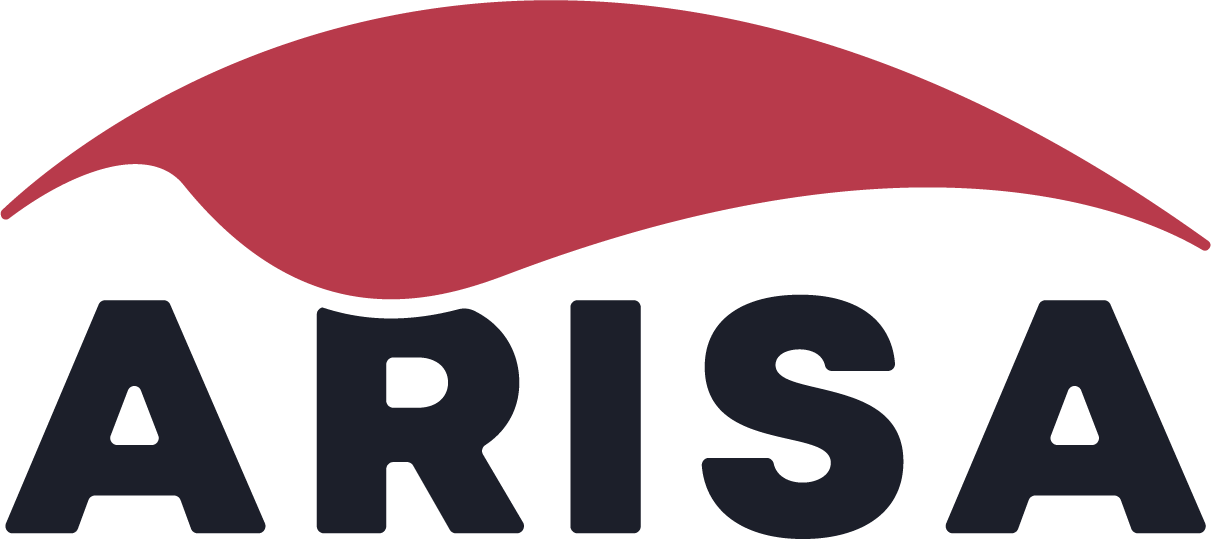For more than 20 years, Arisa has been advocating for supply chain transparency. In all our reports reporting labour rights violations in the garment, natural stone and seed sector, we call on companies to be transparent about their supply chain. Supply chain transparency is essential to assess, notice, address and prevent the risks of human and labour rights violations in supply chains.
From raw material to end product
By supply transparency, Arisa means publicly communicating names and address details of suppliers – from raw material to finished product. So both information from direct suppliers, such as exporters of stone slabs, garments and leather shoes, as well as suppliers deeper down the supply chain at the level of quarries, spinning mills, cotton fields and tanneries: the entire supply chain.
All companies should disclose their supply chains so that human and labour rights violations do not go unnoticed
Arisa expects companies to publish more than just basic information (names and addresses). We also expect them to publish more detailed information on the actors involved in their supply chain. This includes, for example, the exact location of factories, data on the parent company, which production process takes place at the site, and the number of employees (male and female) employed per site. This information increases the understanding of the often-opaque supply chains where, for example, several companies are registered at the same address or different companies have the same name.
Essential aspect of responsible business conduct
International responsible business guidelines, such as the UN Guiding Principles on Business and Human Rights (UNGPs) and the OECD Guidelines for Multinational Enterprises, describe the responsibility of companies to know their supply chain and to identify and address risks of human rights violations.
Supply chain transparency is essential in responsible business conduct. Understanding supply chains allows workers and the organisations representing them, such as trade unions, to contact companies when there are problems and labour rights violations. Trade unions or civil society organisations can use this information to hold companies accountable for addressing violations. Supply chain transparency also increases access to remedy for affected workers and communities.
Progress in the global fashion industry is still too slow
In addition, supply chain transparency facilitates cooperation between companies sourcing from the same suppliers. Companies often work with many different suppliers and subcontractors. Labour rights issues require a coordinated approach and can be addressed more effectively when companies work together. However, companies must then be able to find out which other buying companies are buying from the same suppliers.
Progresses too slow and shared information too limited
Recent reports show that more and more companies are becoming more transparent about their supply chains, but this progress is too slow and available information remains too limited. The Fashion Revolution Transparency Index 2022 highlights that progress in the global fashion industry is still too slow. At least 50 percent of clothing brands still do not provide information about their direct suppliers. Research by SOMO shows that 35 out of 44 luxury brands of leather products, such as jackets, shoes and gloves, do not publish lists of their suppliers.
Companies publish almost no information about their supply chains beyond direct suppliers of finished goods. Only 32% of apparel brands provide information about suppliers deeper down the supply chain (Fashion Revolution Transparency Index 2022). A recent report by SOMO on transparency in the leather industry reveals that out of 100 companies, only 17 provide information from suppliers deeper in the chain, such as tanneries and raw material suppliers. This is problematic since labour rights violations such as child and forced labour often occur deeper down the supply chain.
It is important to promote a level playing field
Improvement initiatives, such as multi-stakeholder initiatives, do not enforce chain transparency among their corporate members. Social audit reports, still the primary means for companies to fulfil their responsibilities to investigate and stop labour rights violations, are not published. The world of social auditing and certification is largely opaque: the lack of transparency allows poor-quality audits to thrive unchecked under the radar. Thus, this does not increase chain transparency.
Mandatory supply chain transparency
It is important to promote a level playing field. To this end, there must be a minimum standard for the disclosure of supply chains by companies. All companies should disclose their supply chains so that human and labour rights violations do not go unnoticed. The government should mandate chain transparency, which is why we advocate including it in due diligence legislation.
Governments can also promote transparency by making customs data on the import and export of goods publicly available. The European Union does not yet do this, unlike the United States, for example.




